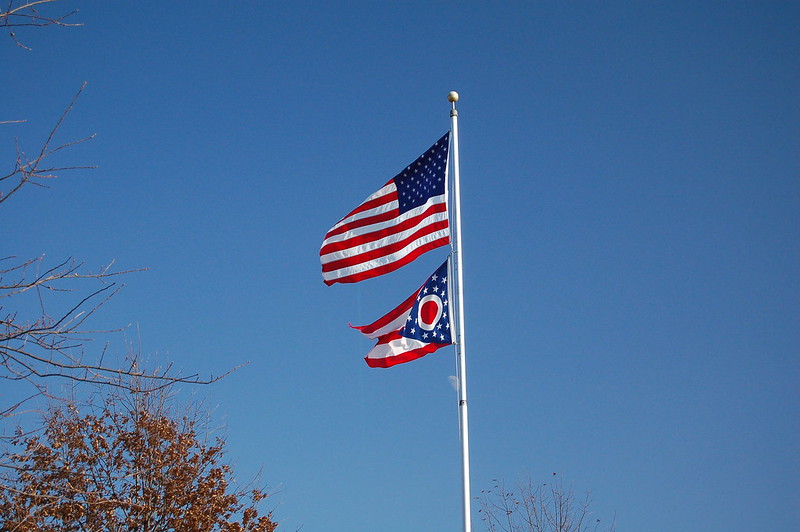
Senate Bill 131, sponsored by Sen. Kristina Roegner and Sen. Rob McColley, along with its companion House Bill 203 by Rep. Jena Powell, would enact occupational license reciprocity. Under these bills, individuals who hold out-of-state occupational licenses (e.g. electricians, truck drivers, public accountants, etc.) would be recognized in Ohio if the individual is in good standing with their professional, maintains proficient work experience, and meets the minimum educational requirements.
Too many licenses have been created at the behest of politically connected interests to restrict competition. Currently, Ohio licenses 651 occupations, which is around 18% of professions. Even worse, occupational licensing in Ohio has led to significant job loss. A study from the Institute for Justice found that Ohio has lost over 67,000 jobs due high licensing burdens, as well as over $209 million in deadweight losses in addition to the misallocation of over $6 billion.
“Universal licensure reciprocity makes sense,” said Sen. Roegner. “If someone has been trained and licensed in one state then they should not have to jump through hoops to be licensed in another state. In theory this is similar to getting a driver’s license. How awful would it be to have to be re-licensed in each state where you want to drive! This bill will say to those licensed professionals, ‘come to Ohio, you and your skills are welcome here.’”
Moreover, a study from The Buckeye Institute shows that older, lower-income workers, and those without a college degree, are all particularly disadvantaged by licensing barriers. By passing SB 131 and HB 203, individuals in these demographics would see an expansion in job opportunities and, in turn, economic prosperity.
Rea S. Hederman Jr., Executive Director of the Economic Research Center at The Buckeye Institute, said, “Ohio has a long-standing challenge in attracting and retaining workers due in part to its burdensome occupational licensing requirements. Adopting universal licensing recognition…will make Ohio a more attractive place for workers to move to and it will make it easier for licensed workers to start earning a living.”
In the past, Ohio has been a leader in occupational licensing reform by implementing a sunset review process and licensing recognition for military spouses. Other states, like Arizona, Pennsylvania, Utah, Montana, Idaho, Iowa, and Missouri, however, have already passed reforms similar to SB 131 and HB 203. To keep Ohio at the front of the race with competing states, lawmakers should pass Universal Licensing Recognition through SB 131 and HB 203.

